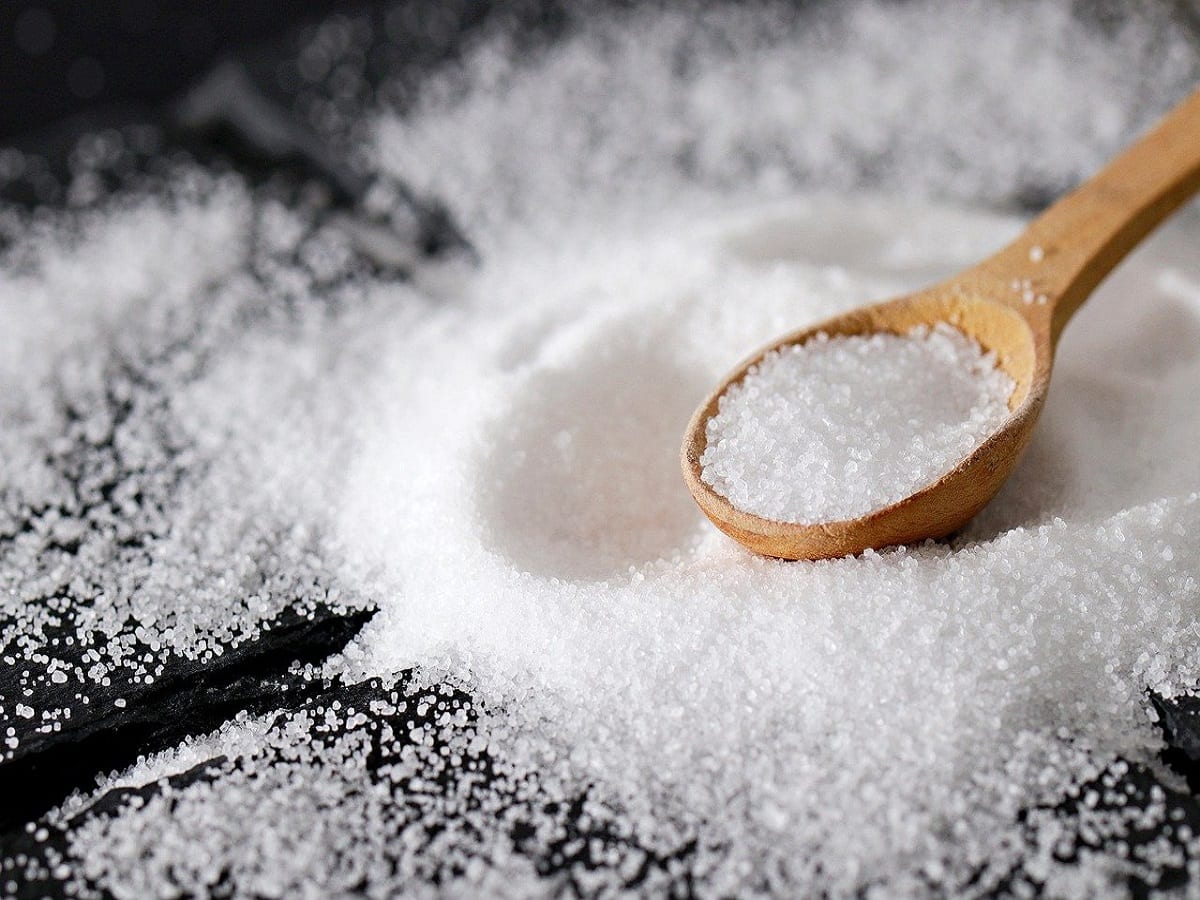Does Excessive Salt Consumption Lead To Kidney Failure? First, answer this question “Do you like to put an extra pinch of salt in your food?” Eating too much salt can trigger kidney diseases and lead to other complications.
The building block of life is the cells and their dynamic congregation. Their movements create a flow of life with its pulse, beat and throb. A providential but symbiotic equilibrium among them maintains the flow of life. Every day they regenerate and are self-sustained by their interaction and adaptation with both inside and outside forces. There are several engines that pull and push their orbit in harmony and keep their momentum and unique dance in proper rhythm. One such engine that keeps them renewed and rejuvenated is salt – known figuratively as the salt of life.
The human body cannot live without some sodium or salt. It is required for the transmission of nerve impulses, the contraction and relaxation of muscle fibres (particularly those in the heart and blood vessels), and the maintenance of correct fluid balance.
For thousands of years, salt has been an essential component in traditional food preparation. Salt, on the other hand, has been painted as a villain in recent decades, as it has been linked to hypertension and heart disease. The reason is that a high-sodium diet disrupts this sodium balance, causing the kidneys to work less efficiently and eliminate less water, resulting in elevated blood pressure. This puts a lot of stress on the kidneys, which can lead to renal disease.
Does Excessive Salt Consumption Lead To Kidney Failure?
The organism removes excess water from the body by filtering blood through the kidneys. This needs a balance of sodium and potassium in the body to pull the water across the wall from the bloodstream into a collecting channel of the kidneys. A high salt diet will alter the sodium-potassium balance, causing the kidneys to have reduced function and remove less water resulting in higher blood pressure. This can disrupt the normal function of your kidneys and lead to diseases.
High blood pressure is like a hammer on the delicate channels of the kidneys. Also, high salt intake has been shown to increase the amount of protein in the urine which is a major risk factor for a decline in kidney function. There’s mounting evidence that a high salt intake can hasten the progression of renal disease in persons who already have it.
About 229 million people in India have chronic kidney disease (CKD). And 1 lakh patients enter into renal replacement programs annually.
Who Is At Risk?
Studies suggest that people of Black African and South Asian descent are 3-5 times more likely to suffer from kidney failure as compared to white Caucasians. South Asian patients with diabetes are 10 times more likely to go on to have kidney failure. High blood pressure also puts the kidney under excess stress leading to the deterioration of function.
How Does Salt Contribute?
Salt intake increases the amount of urinary protein which is a major risk factor for developing kidney disease and cardiovascular disease.
Homoeopathy Can Help
Understanding the disease in its very budding state is the key to success. Most people do not care about excess intake of salt in their food. They keep liking and relishing it. But when one goes to consult a homoeopathic doctor, he enquires about these habits in the person and maps out all the risks and selects a medicine that can remove the very tendency to consume more salt. This treatment actually nips the disease at its root.
Watch yourself and your food habits and report to your homoeopathic consultant to help you better and the resultant diseases.
Also Read | What Happens To Your Lungs When You Inhale Polluted Air









